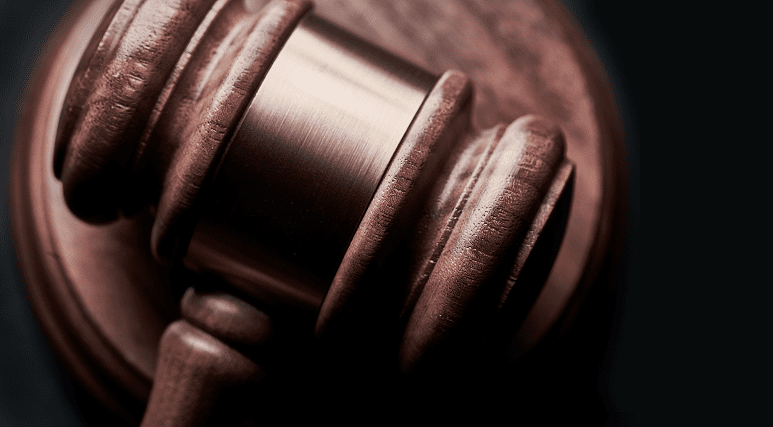
You are owed money or goods, or a party to a contract that has been breached, you have been advised to obtain a judgment against that person or the other party but are unsure of what this actually means.
This article will help you understand how to obtain a default judgment. If you‘re a defendant, this article explains what you can do if a default judgment has been entered against you.
What is a default judgment?
A default judgment is a judgment made by a court against a defendant without hearing the main proceedings initiated by the person or company that made the claim, ie, the plaintiff (let’s say Josh).
It generally occurs because the defendant (let’s say Sarah) did not respond to the claim or take any action in relation to it.
For example, Sarah owes Josh $5,000. Josh commences Local Court proceedings against Sarah to recover this debt. Sarah has 28 days to file a defence but she fails to do so. Josh applies for a default judgment and Sarah does not attend the default judgment hearing. The court orders Sarah to pay Josh $5000. Josh now has a Court order in his favour ordering Sarah to pay Josh $5,000.
How can I win a default judgment application?
A plaintiff can apply for default judgment in the relevant court by filing the appropriate application (in NSW, it’s called a ‘notice of motion’) supported by an affidavit.
An affidavit is a written statement prepared by a party or witness to a case which is confirmed by oath or affirmation. You can use it to present facts to support your case.
To successfully obtain a default judgment in NSW, a plaintiff must prove to the court that a defendant has acted in ‘default’. A defendant is in ‘default’ if:
i. The plaintiff serves a statement of claim on the defendant and the defendant fails to file a defence within 28 days;
ii. The defendant fails to file an affidavit verifying the defendant’s defence in accordance with the rules; or
iii. The court decides to strike out a defence filed by the defendant.
If a court finds that a defendant has acted in default, the court usually makes an order for the remedies sought by the plaintiff in their Statement of Claim.
This could be for the possession of the land, delivery of goods or the recovery of money. It can also be for a combination of these.
For instance, if Sarah owes Josh $5000 for goods that Josh sold to Sarah, Josh can ask the court to order Sarah to pay him $5000 or to return the goods to him. If Sarah has sold part of the goods, the court could order Sarah to return the remaining goods to Josh as well as to pay Josh for the goods that she sold.
The total amount of money claimed can be based on either the plaintiff’s calculated value or the court’s assessment if the plaintiff does not know how much to claim.
I have a judgment debt! How and when can I recover my money?
When someone owes you money and you obtain a default judgment, it is called a judgment debt.
In NSW, you have 12 years after the date the judgment was obtained to enforce a judgment debt.
The person or company who owes the money is known as the “judgment debtor” and the person or company who is owed money is known as the “judgment creditor”.
For example, Sarah is the judgment debtor and Josh is the judgment creditor. If Sarah fails to pay Josh within 28 days from the judgment date, Josh can enforce the judgment against Sarah in a number of different ways. Josh can choose to proceed with enforcement options for a period of 12 years after the date of the judgment so he doesn’t have to act straight away.
Once you’ve obtained a judgment, what happens next?
The court has entered a default judgment against the defendant but the defendant fails to comply with the Court orders within 28 days of the judgment being made. Now you have default judgment.
Our experienced commercial litigation team at Antunes has assisted individuals, SMEs and large organisations navigate through the complexities of Court proceedings. Our team of dedicated professionals work directly with clients to achieve their commercial and legal objectives, and clarify the plan of action to achieve the best possible outcome.
Contact our Commercial Litigation team today at enquiries@antunes.com.au or phone us today on 02 9964 0499 to arrange a video conference with one of our commercial litigation lawyers.

